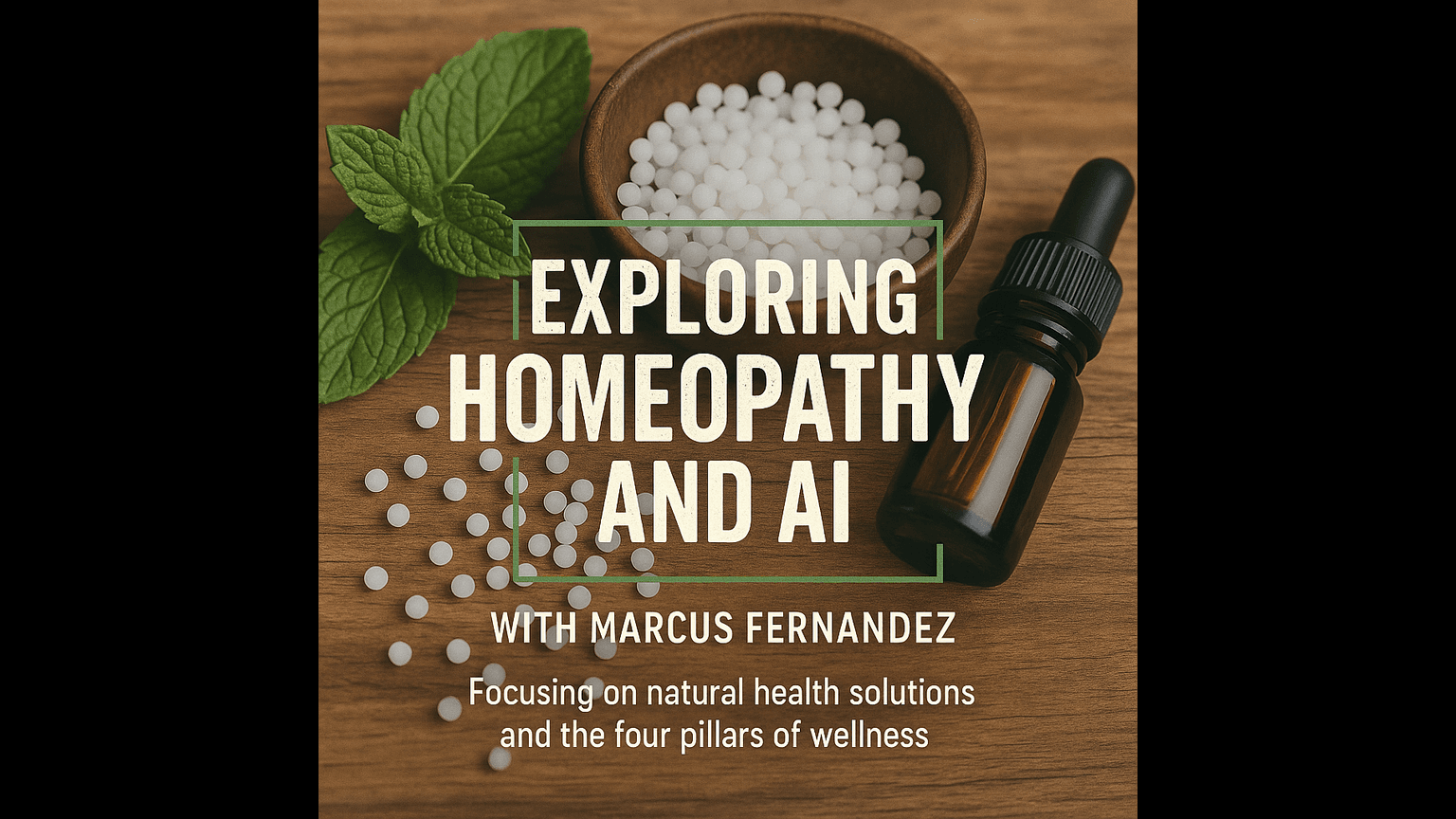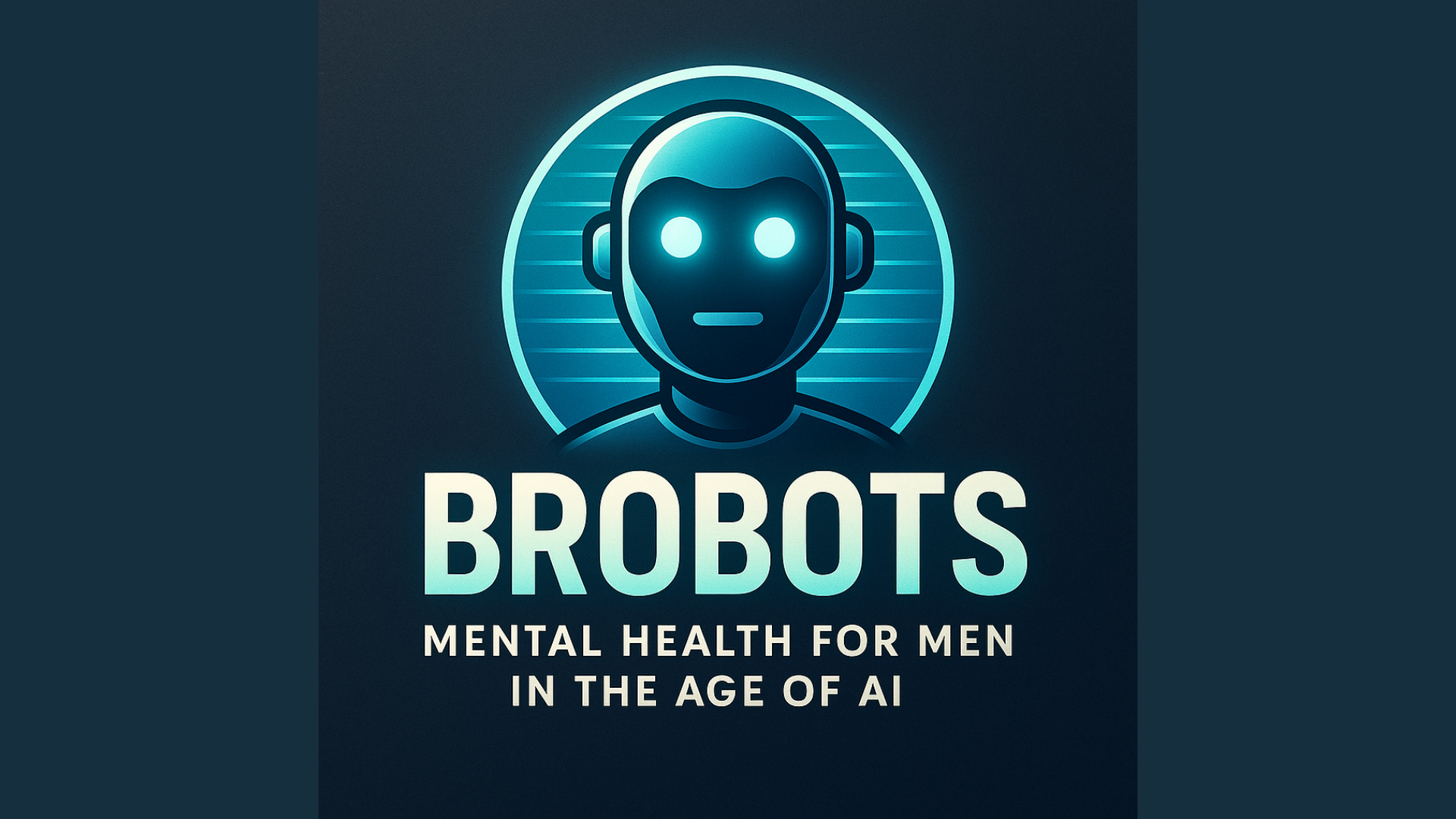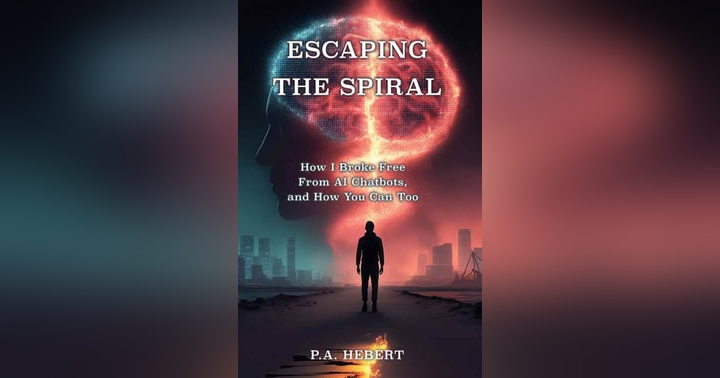The Wearable Data Paradox: Why Your Health Gadgets Might Be Making You Sicker

Your Expensive Health Gadgets Are Lying to You
You wake up feeling pretty good. Birds are singing, coffee smells decent, and for once your back isn't screaming at you. Then you make the mistake of checking your Oura ring. Poor recovery. Terrible sleep quality. Your heart rate variability looks like a seismograph during an earthquake.
Suddenly, that good feeling evaporates. Maybe you don't feel as good as you thought. Maybe something's wrong. Maybe you should cancel that workout and stress about your stats instead.
Welcome to the wearable data paradox: the more we measure, the more anxious we become.
When Technology Becomes the Problem, Not the Solution
Marcus Fernandez has been practicing homeopathy for 30 years. He's got every gadget you can imagine—Oura ring, Whoop band, AI-powered mattress that adjusts temperature based on sleep stages. He's also built an AI clone of himself that clients can chat with 24/7.
But here's what three decades of health practice taught him: "If you wake up feeling okay, you feel okay. You don't need something to tell you otherwise."
The man who literally built his own AI health assistant is warning us about AI health assistants. The irony is thicker than your morning smoothie.
According to recent studies, 73% of wearable device users report increased health anxiety after starting to track their metrics. We've created a generation of people who can't trust their own bodies without external validation from a piece of plastic and silicon.
The MEDS Framework That Actually Works
Instead of obsessing over data, Fernandez focuses on four pillars he calls MEDS: Meditation, Exercise, Diet, and Sleep. Revolutionary stuff, I know.
But here's the kicker—this simple framework has him feeling better at 54 than he did at 34. No magic supplements, no biohacking protocols, no ice baths at 5 AM. Just consistent attention to basics that your great-grandmother knew instinctively.
The meditation doesn't need to be an hour-long retreat. Five minutes of consistency beats sporadic marathon sessions. The exercise doesn't require a gym membership; it requires not sitting for eight hours straight. Swedish research shows sitting is now more dangerous for men than smoking, yet here we are, reading this sitting down.
Ancient Wisdom Meets Modern Convenience
Here's where it gets interesting. Fernandez isn't anti-technology. He's pro-appropriate technology. His AI homeopath assistant can help clients at 3 AM when they're dealing with a fever or bug bite. It draws from 30 years of experience and thousands of case studies, providing guidance that's both ancient and accessible.
But, and this is crucial, it can't replace human intuition or clinical judgment. It's a tool, not a replacement. The same can't be said for many of our wellness gadgets, which seem designed to replace our ability to listen to our bodies.
The homeopathic principle of "like cures like" might sound like witchcraft until you understand it. Onions make your eyes water and your nose run. Homeopathic onion preparations treat conditions with runny eyes and nose. It's pattern recognition, not magic.
The Real Health Crisis Nobody Talks About
Behind all our gadgets and data and optimization lies a darker truth: middle-aged men are dying of loneliness faster than cancer. In the UK, suicide is the leading cause of death for men over 50.
Your heart rate variability might be perfect, but when's the last time you had a real conversation with another human being? When's the last time you felt truly connected to something larger than yourself?
Fernandez talks about vitality versus energy. Energy you can get from caffeine or cocaine. Vitality is innate; it's what children have naturally, that sense of waking up excited about the day ahead.
No amount of data tracking can give you vitality. But purpose, community, and genuine human connection can.
Personal Note: I've been as guilty as anyone. I've got drawers full of abandoned fitness trackers and health gadgets. Each one promised to be the key to optimal health. Each one ended up being another source of anxiety and self-judgment. The only thing that's actually moved the needle? Going back to basics: sleeping enough, moving regularly, eating real food, and connecting with people I care about.
Simple doesn't sell gadgets, but it sure as hell works.
Check out how you can use home remedies and your own instincts to help manage your health in our interview with Marcus Fernandez at www.brobots.me.














